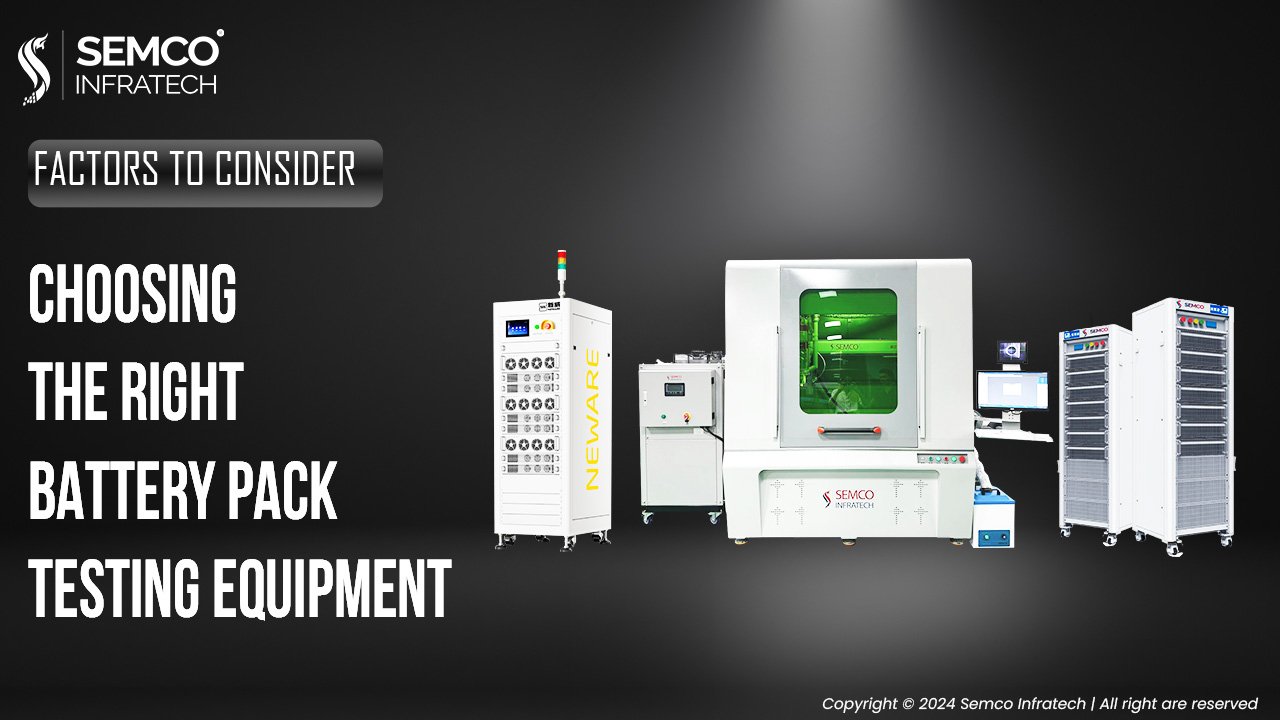
Have you ever wondered what goes into making batteries last longer and perform better in electric vehicles? There are I think very less number of people engaged in battery production who would answer negatively of this question. So, in this post, we will try to understand what you can do to make the batteries last longer. This article will critically review cell matching as a part of understanding how to extend the battery life of electric vehicle batteries.
What is Cell Matching?
Cells in lithium-ion batteries are the smallest unit. Multiple cells form a battery pack which is generally called a battery. Manufacturers must check for cells and only group those that are similar. If they do not do it, the packs will be of inferior quality resulting in a bad image of the company. The battery packs, when talking about lithium-ion batteries particularly, also possess safety issues such as risk of explosion or thermal runaway when their cells are not in better condition or good quality.
For example, suppose you are making a battery pack and the cells in that battery pack are good except one. Do you think that the battery pack would perform well for a long time? No, that one bad apple would spoil the whole bunch.
Why is Cell Matching Necessary?
Before going deep into why cell matching is necessary, you must understand what happens when it is not done properly. Every battery pack consists of a pre-decided number of cells which can range from two to a couple of hundreds or more. Now, as we know, one bad apple ruins the whole bunch. Similarly, if your battery pack has even one bad cell it will impact the life and capacity of the entire battery pack. Therefore, manufacturers often give more time for cell matching than usual to protect the brand image and keep it safe.
How is Cell Matching Done?
Cell matching is done with the help of cell testing machines, often called cell testers, come in various sizes and ranges. A cell testing machine tests cells on three different parameters which are Capacity, IR and Voltage.

- Capacity (mAh or Ah): This refers to how much energy a battery can store. Imagine it like the size of a gas tank in a car. A higher mAh rating signifies a larger “tank” and translates to longer runtime for your device before needing a recharge. Cell testers check whether the battery cell has the capacity written on it or not.
- Voltage (V): This indicates the electrical pressure within the battery. Think of it like water pressure in a hose. The voltage determines the power the battery can deliver. For example, a typical lithium-ion cell might have a voltage of 3.7V.
- IR (Internal Resistance): This is the resistance inside the battery that opposes the flow of current. It’s like friction in a machine. Higher IR means more energy is lost as heat, reducing efficiency and potentially lowering battery life. Manufacturers aim for low IR for optimal performance.
What is the Machine Needed?
As we have mentioned, the machines used for testing cells are called cell testers and they come in various sizes. The cell testers have their own capacity which ranges from 4 to over 1024 channels and even more than that. While small machines like 4 to 128 channels are used only in labs and micro scale productions, the 256 and 512 channels are more common in large scale production. The channels in a cell testing machine means how many cells it can test in one go. Simply, a 512 channel cell tester can test 512 per cycle. Also, one thing to note is that there is no specific time which we can say is taken for a particular cell testing cycle.
How to find a Machine for Cell Testing?
There is almost no use of the knowledge that is in the books. There is no use of the resources which are not fruitful. In the same way, this article would be a non-performing asset if we do not tell you where to get the machine for testing the cells. Even though the market is not so vast and there are very few players in this domain, finding the best one is hard. One such player with a legacy of over two decades is Semco Infratech. Semco has been running the market for a long time in all kinds of testing solutions for Lithium-ion batteries. Not only solutions but they provide the machine installation and training for the same.






